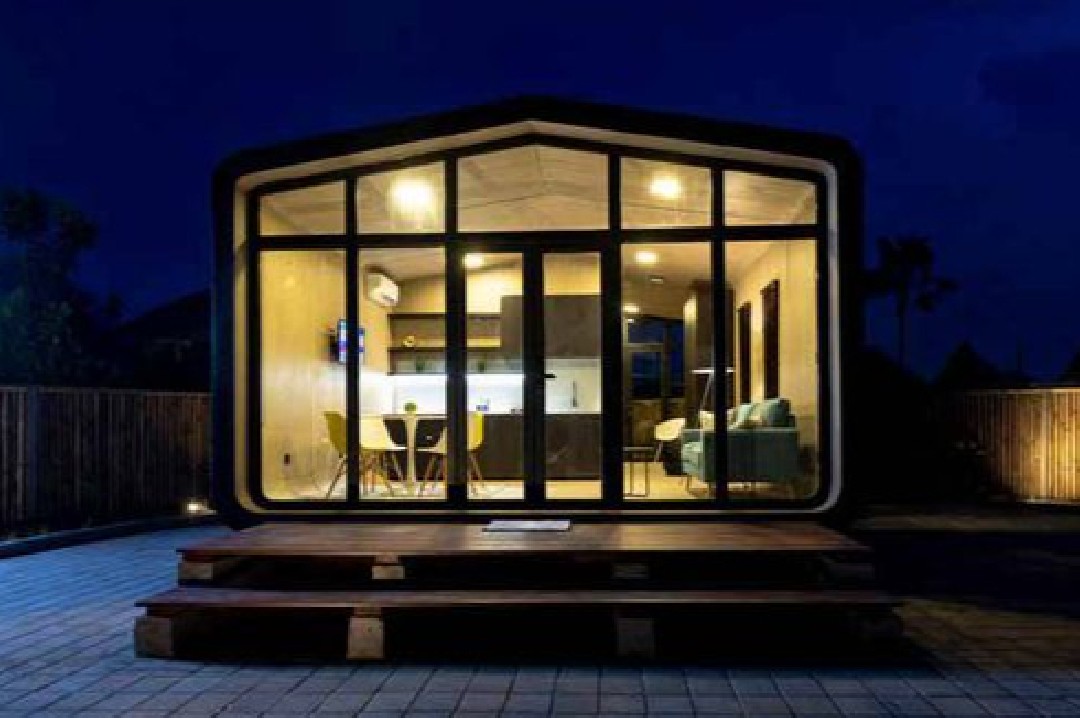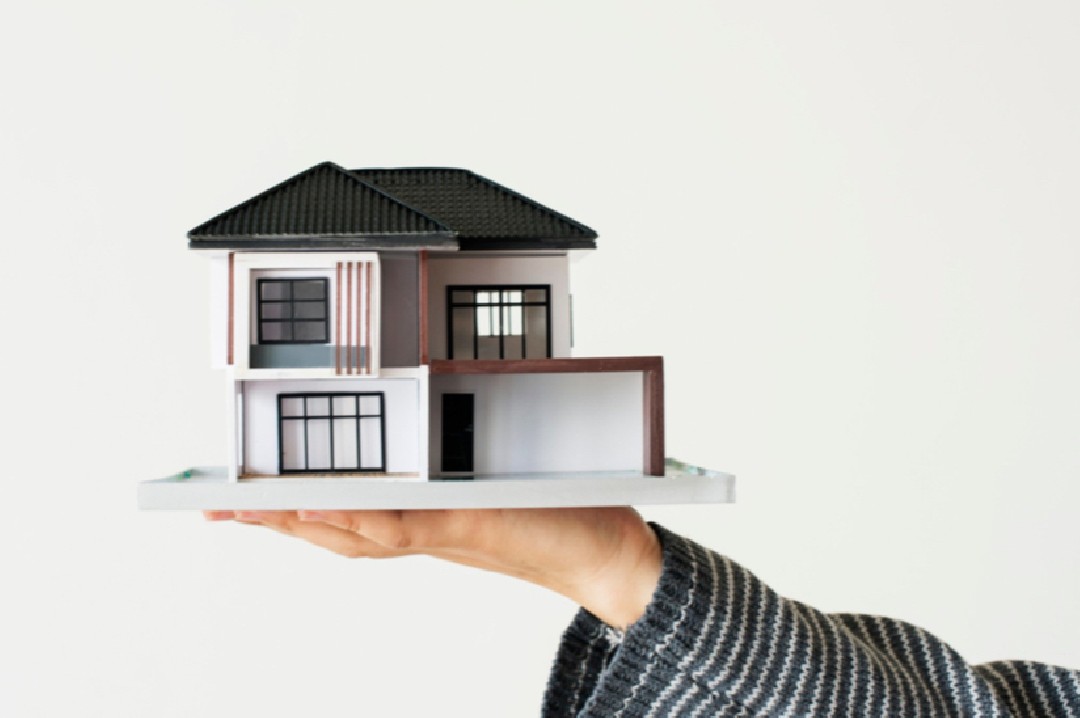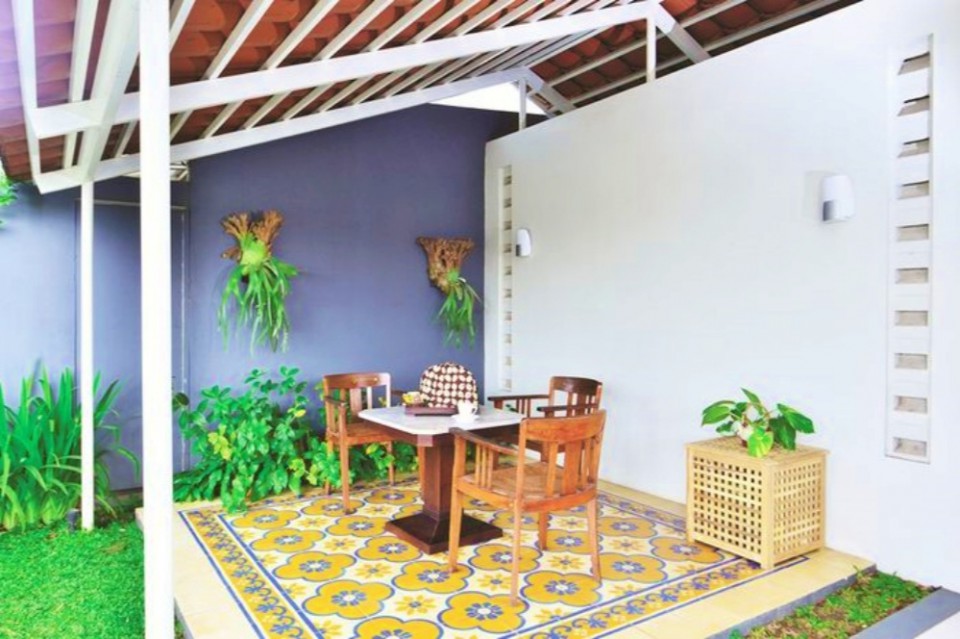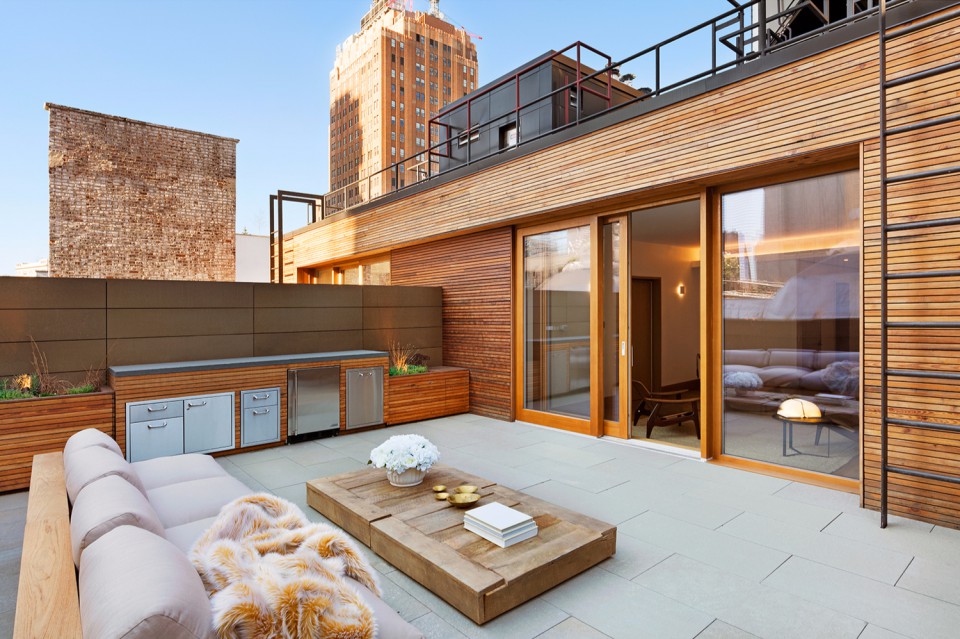Good Lighting Tips for Your Bedroom
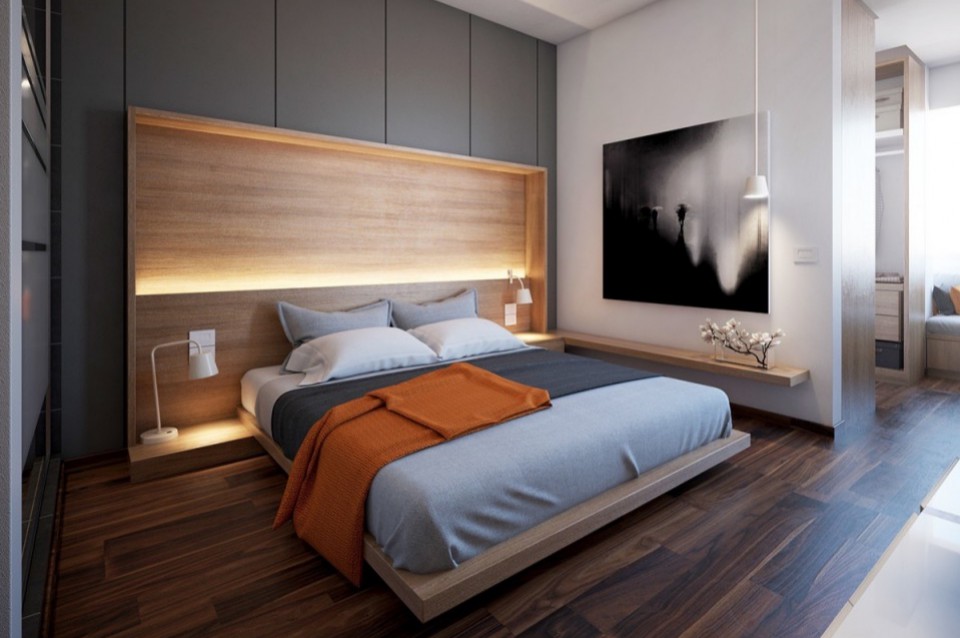
Bedrooms should be designed for comfort for the room's occupants or anyone in it. One of the main rooms in a house has various elements that can affect the mood. One of them is the lighting element. When it comes to sleep, the lighting needs to be dimmed so the room is more comfortable for rest. However, when the lighting is too dark, other activities in this room can be disrupted. Therefore, the distance between the lights and various zones in the room needs to be considered. Not only that, the color of the lights and light intensity also need to be adjusted to the bedroom. Here are some tips for designing the lighting in your bedroom.
1. Lamp Size
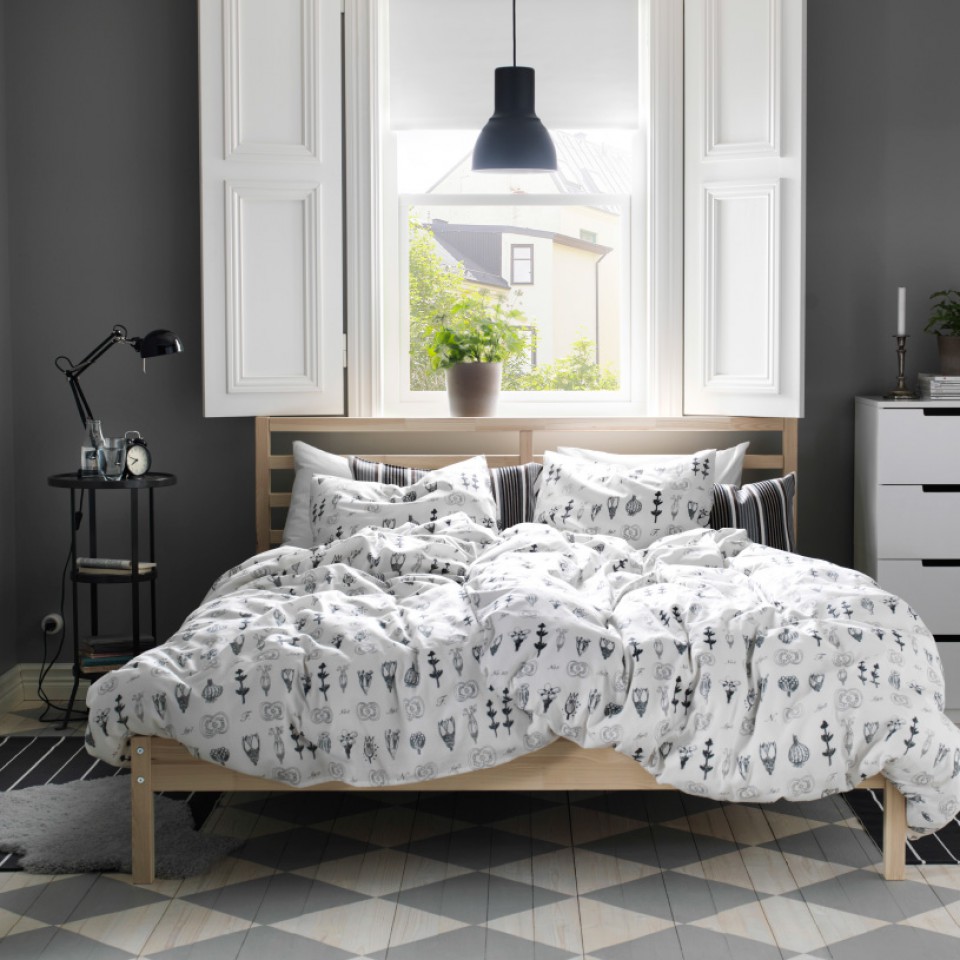
Before buying lighting for the bedroom, it is very important for you to measure the size of the room. This is because it will affect the type of lamps that can be used in the room and their lighting range. Choose lamps that can illuminate the entire space in specific zones. Certainly, if you go to a lighting showroom, the experts will assist you in finding the right lighting.
2. Ceiling Height
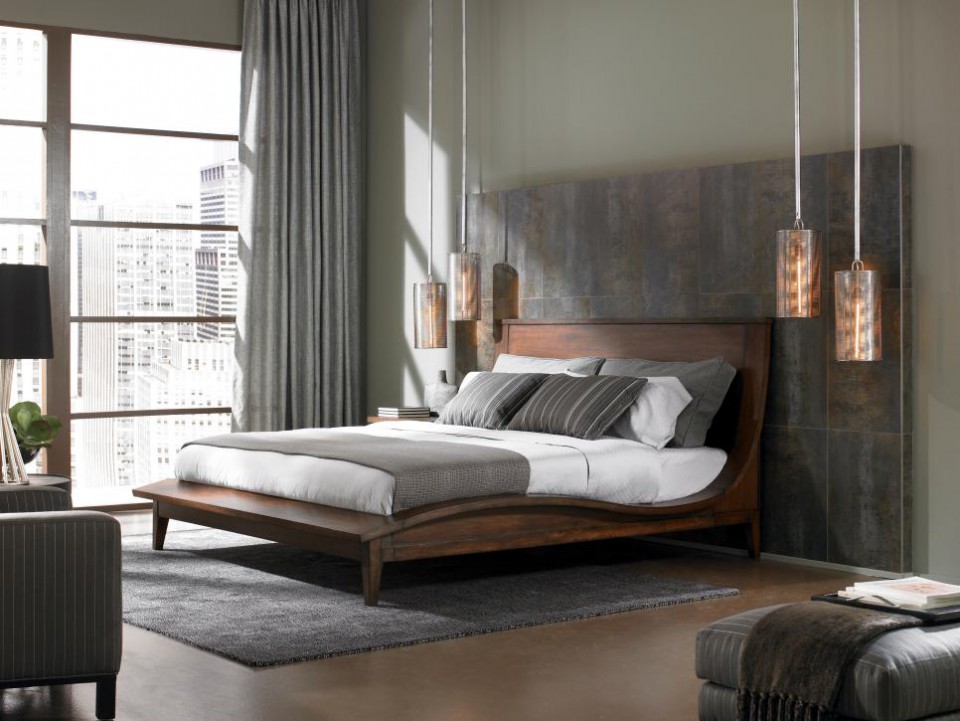
Still related to lamp size, the height of the room will affect the lighting. When the ceiling is too high, the lamps used can be hanging lamps to reach various areas in the room. The height of the lighting will also be different in each area that requires it. For example, for a study desk lamp, it will be focused on books and various items on the table. Whereas in the dressing area, a front-facing light towards the face would be better to apply makeup more effectively.
3. Let the Room Glow
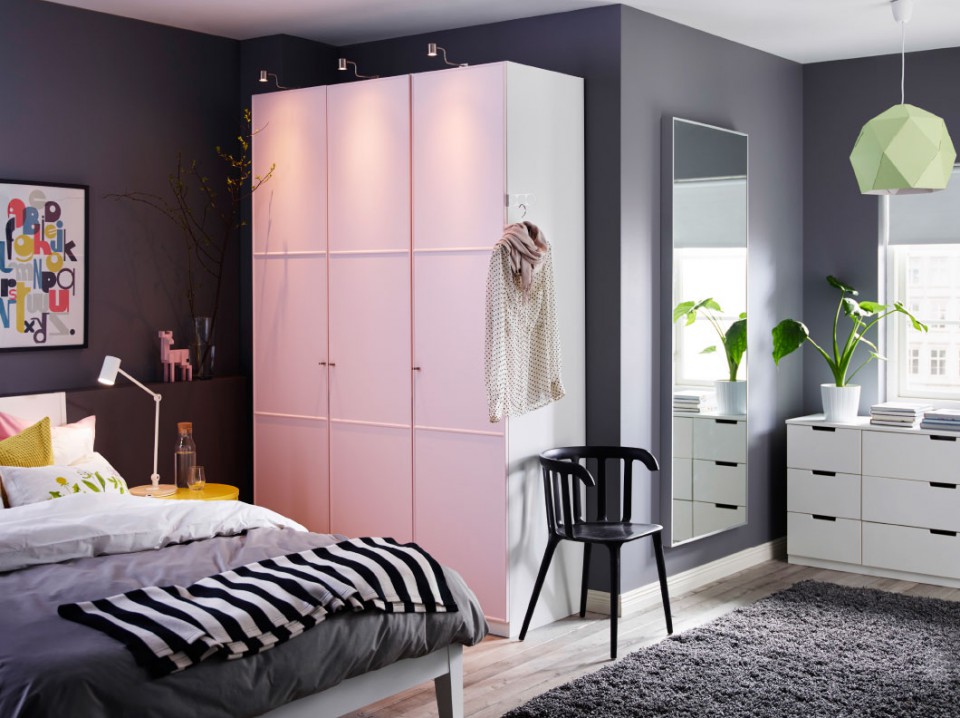
Determine your main activities in the room. Prioritize lighting for the most frequently done activities in the room. Areas with activities that require detail, such as playing computer games, sewing, or reading, require direct lighting. Meanwhile, in relaxing areas, lighting can be done by reflecting light, indirectly illuminating that area gently.
4. Stay on the Bright Side
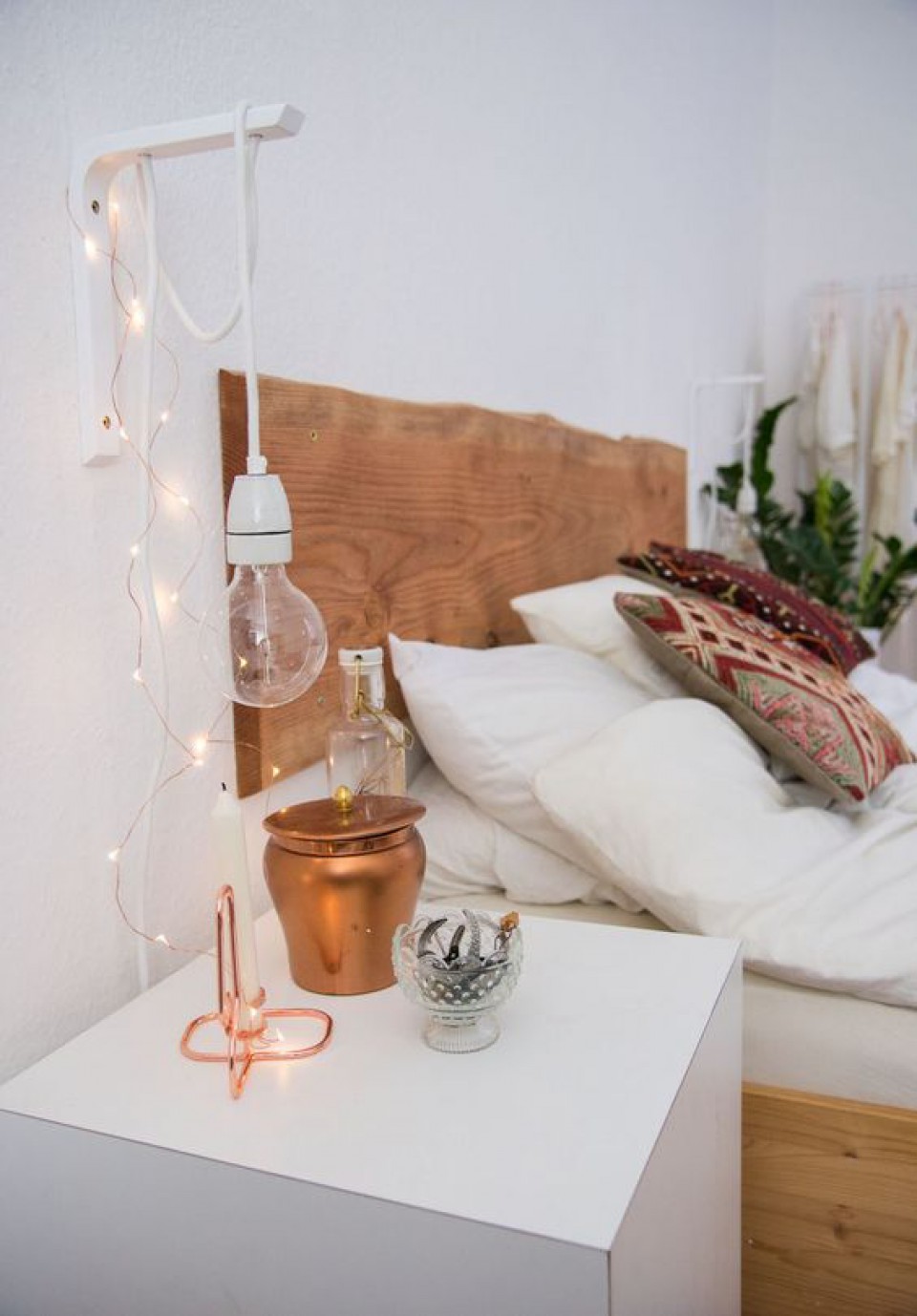
Avoid lampshades that cover the lighting. Although unique and attractive lampshades should be carefully considered. Don't let the unique lampshade make the lighting in the room feel dark. This applies to the main lighting of the room. However, for reading or study desk lamps, pay attention to the light spread to make it feel soft when viewing and reading books.
5. Lamp Placement
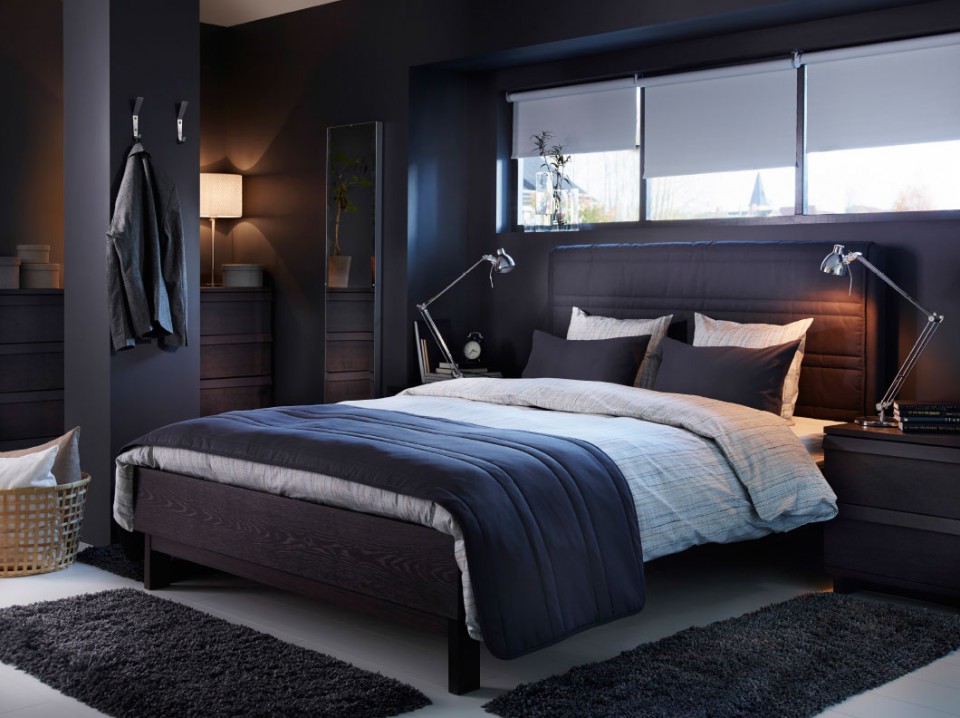
It's important to note that bedroom lighting should not be directly above the bed. Because you will keep staring at the light when lying down, making it difficult for you to rest.
6. Use Lighting Wisely

Lighting in the bedroom is sufficient with ceiling lights and also portable lamps such as desk lamps. If there are too many light sources, it will make the room feel uncomfortable and too bright.
7. Set the Room's Mood
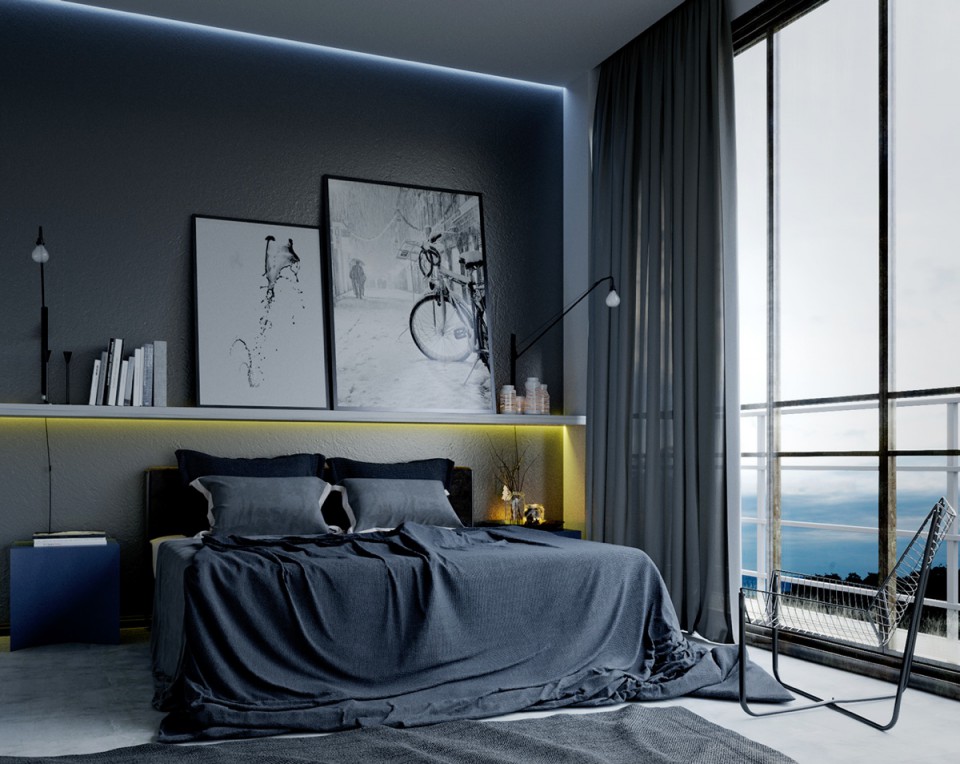
Strong ambient lighting will also greatly affect the bedroom. Add a dimmer to the bedroom lights. Colored light bulbs can certainly change the mood of the room.
8. Add Lighting for the Closet
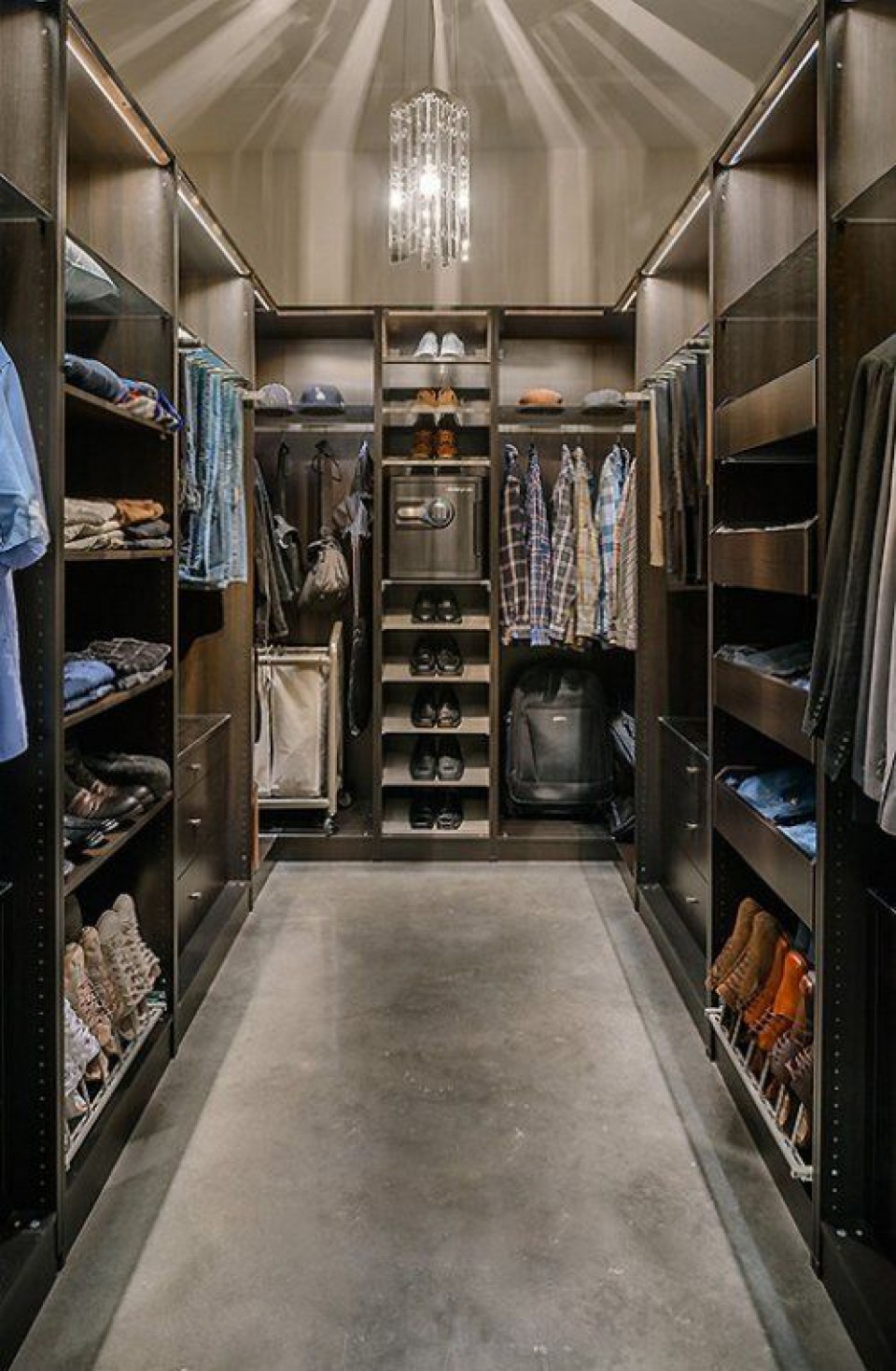
The clothing closet area also needs to be illuminated. Lighting experts prefer to use fluorescent lights because of their high lighting intensity, energy efficiency, and can be placed behind doors. Proper lighting in the closet will make it easier for you to recognize the colors of your clothes.
9. Optimize Reading Lamps
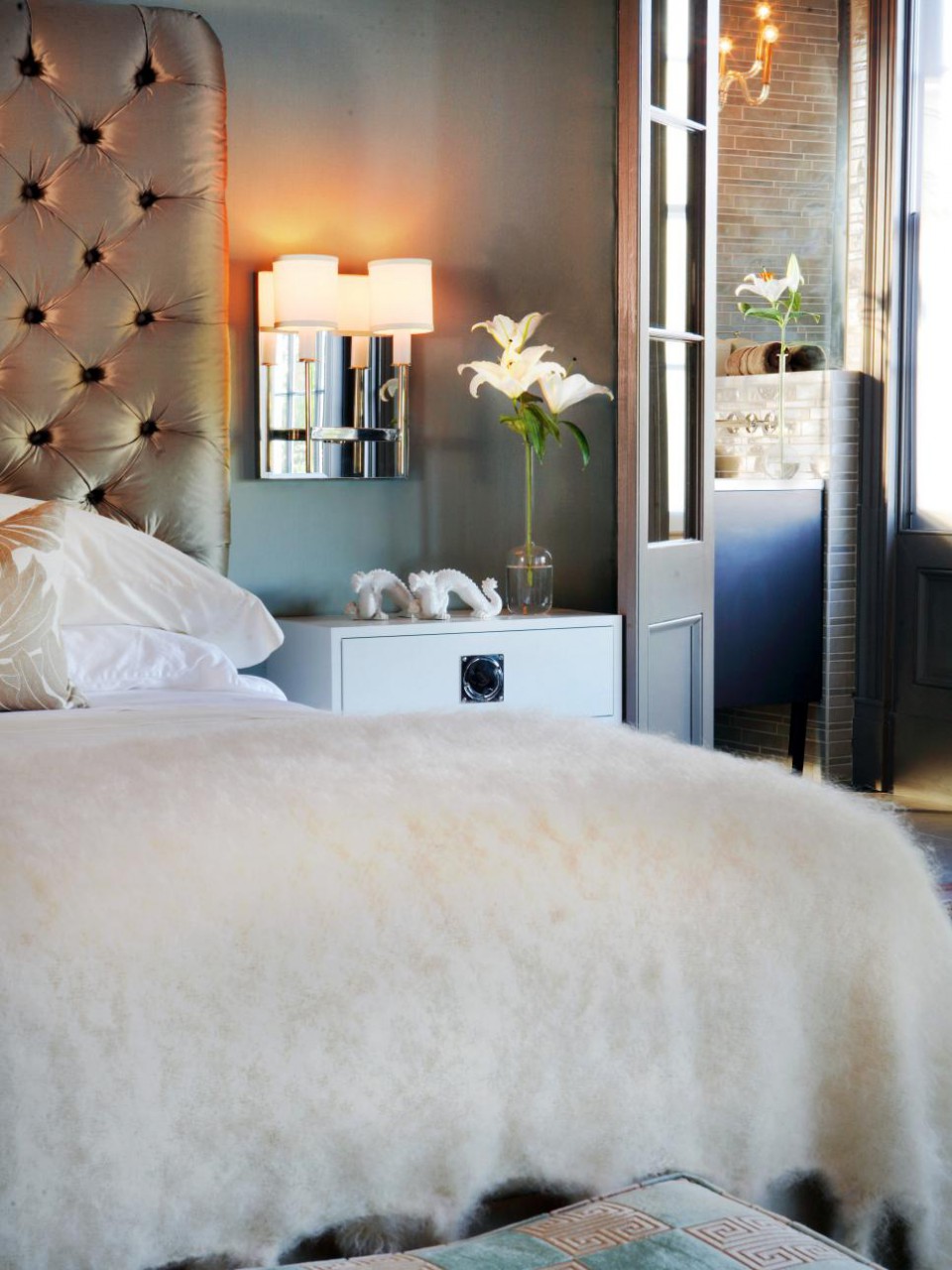
Portable lamps are very important for those who like to read books before going to sleep. Buying reading lamps needs to pay attention to the lamp's ability to adjust to the owner's preferences by simply changing its placement. The lamp should be well shaded so the bulb is not visible from the outside. The lighting will focus on specific items only, so it won't disturb others sleeping in the same room.
10. Control Lighting Technologically
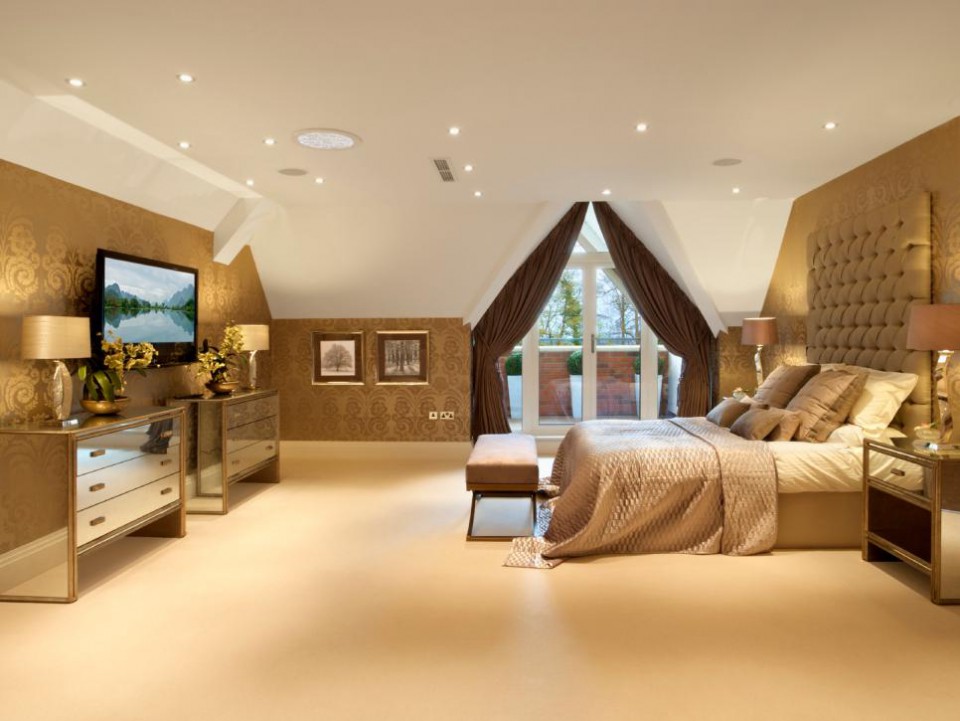
This last tip can be applied for a more advanced life in your room. By using a remote, you can turn the lights on and off without having to leave your place at that time. It greatly simplifies when you are about to sleep so you don't have to bother getting out of bed and pressing the switch to turn off the lights.
Source: bedroom lighting


